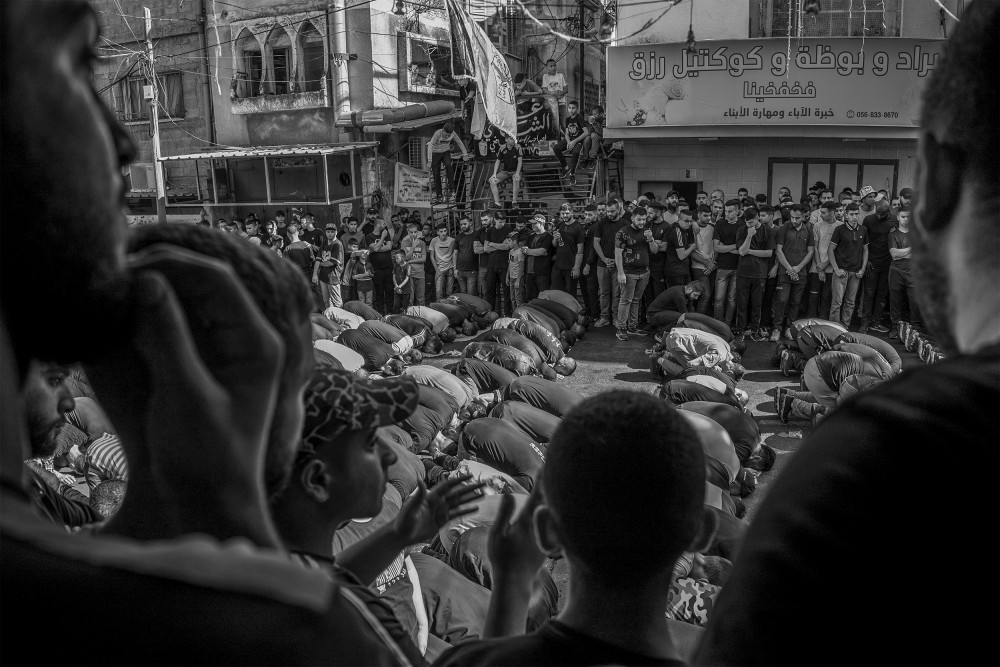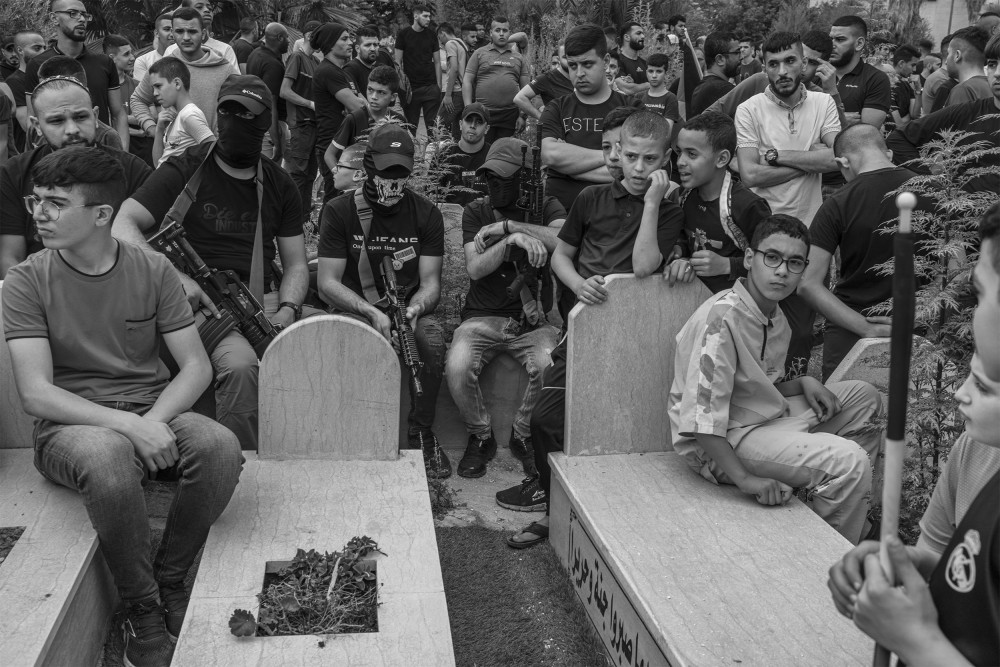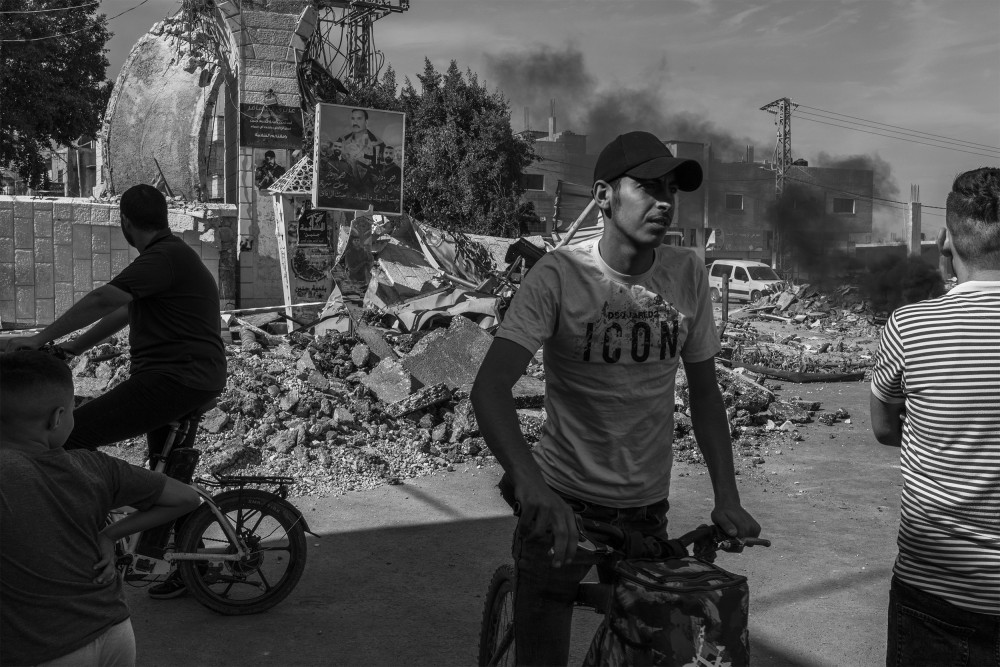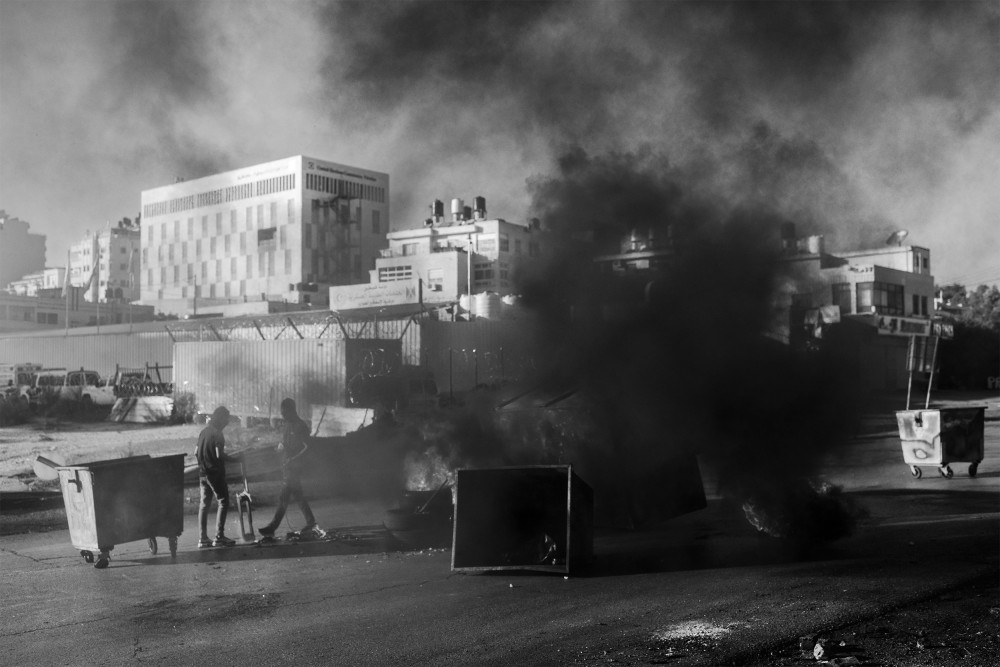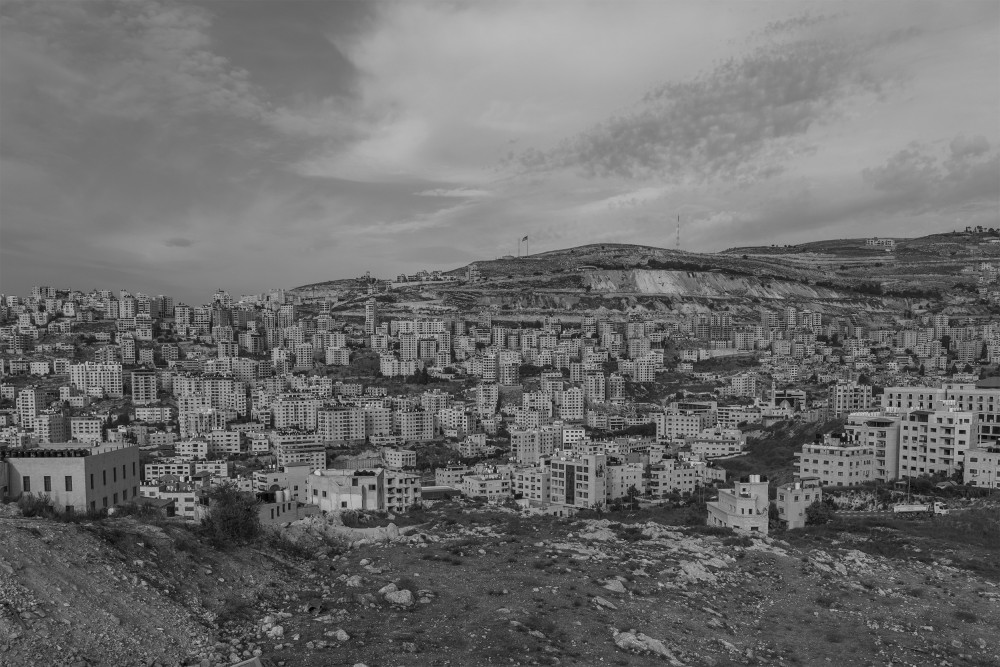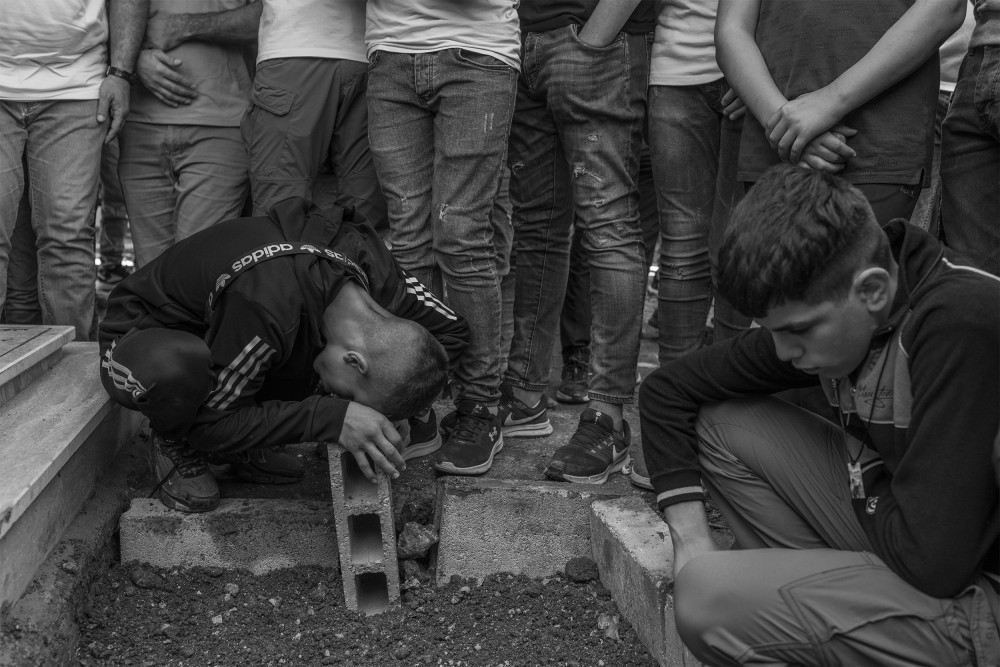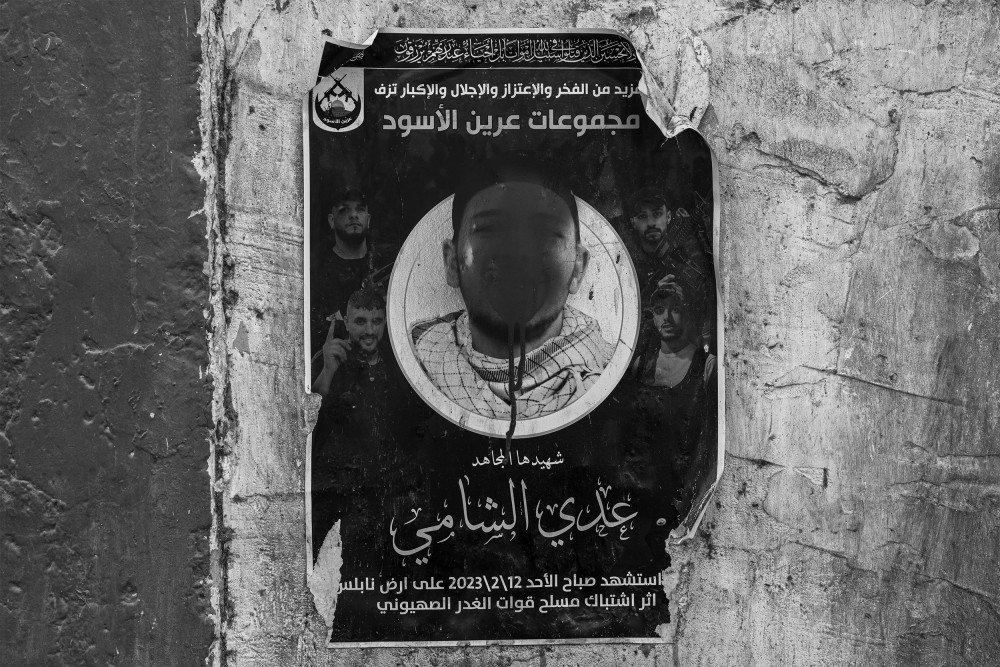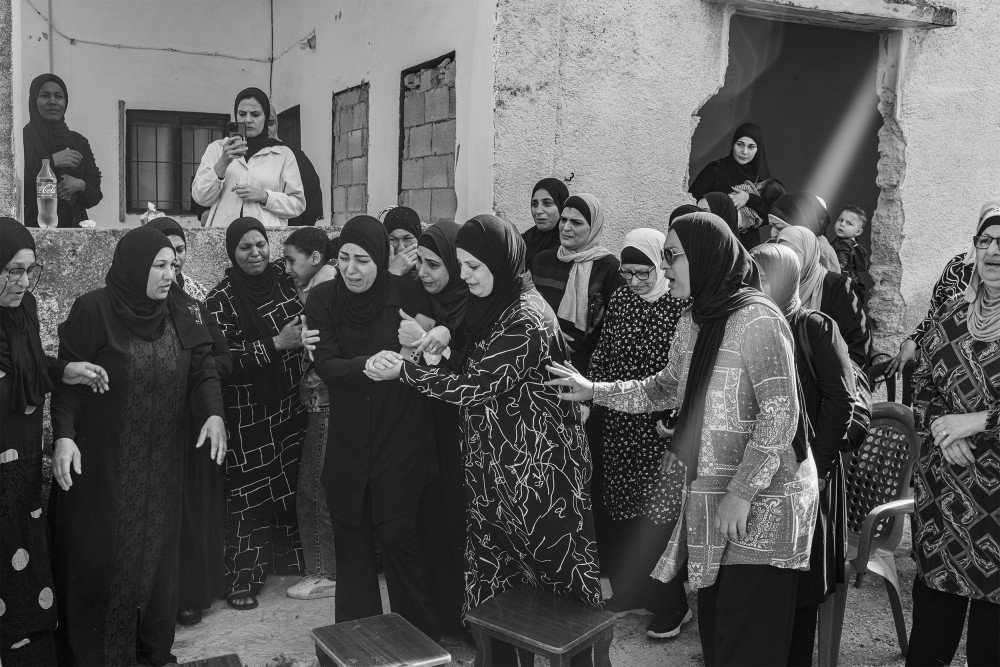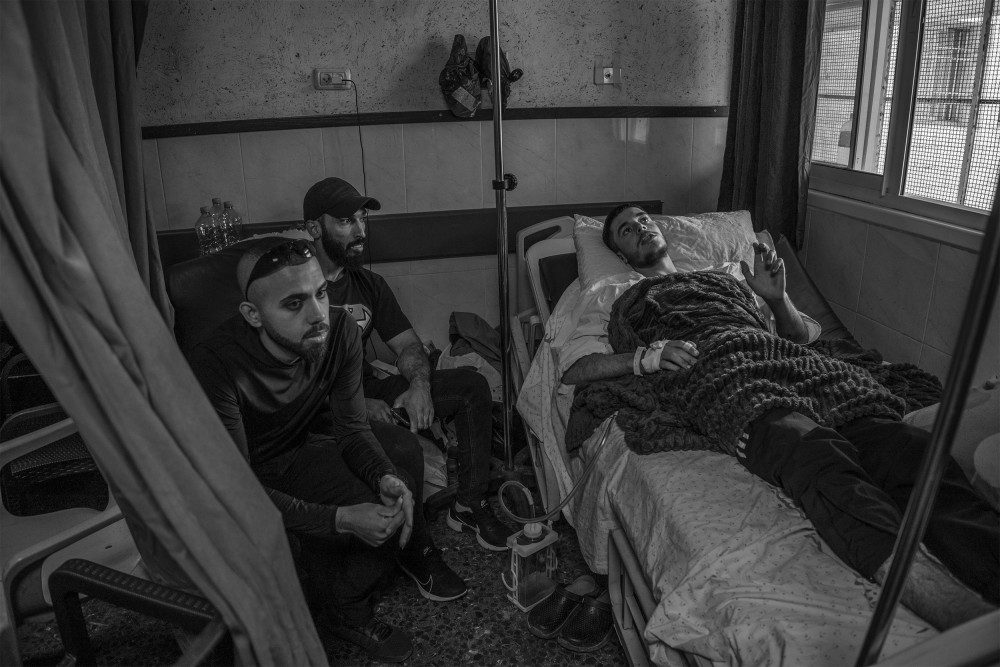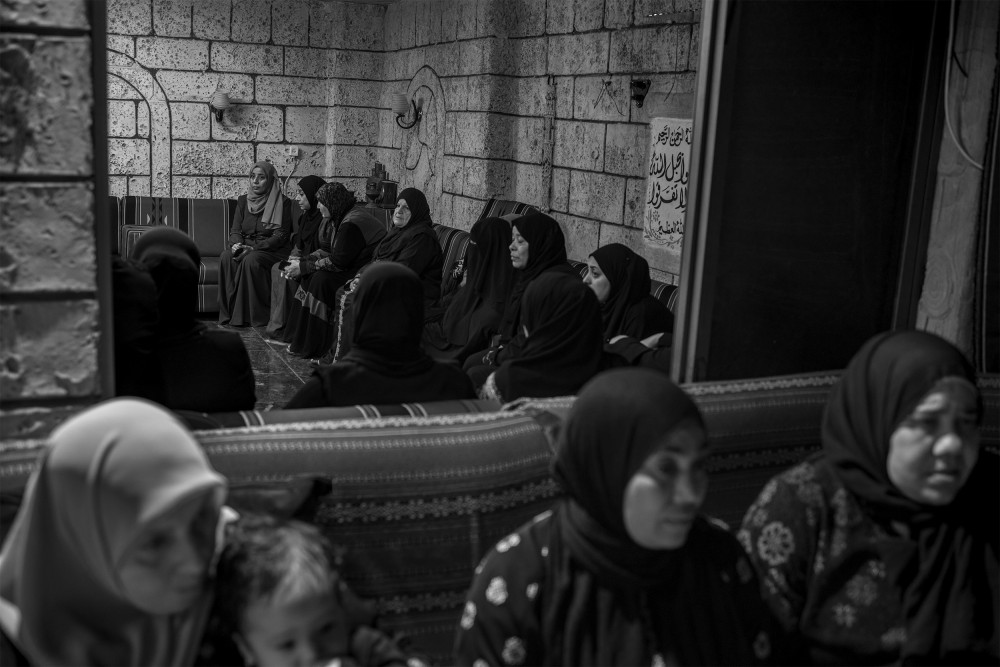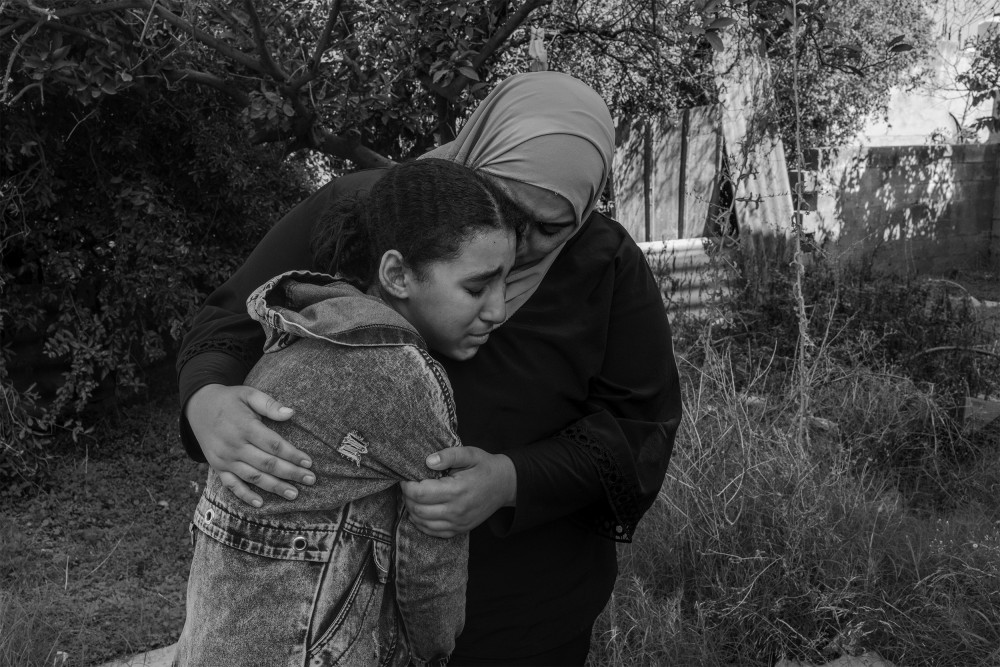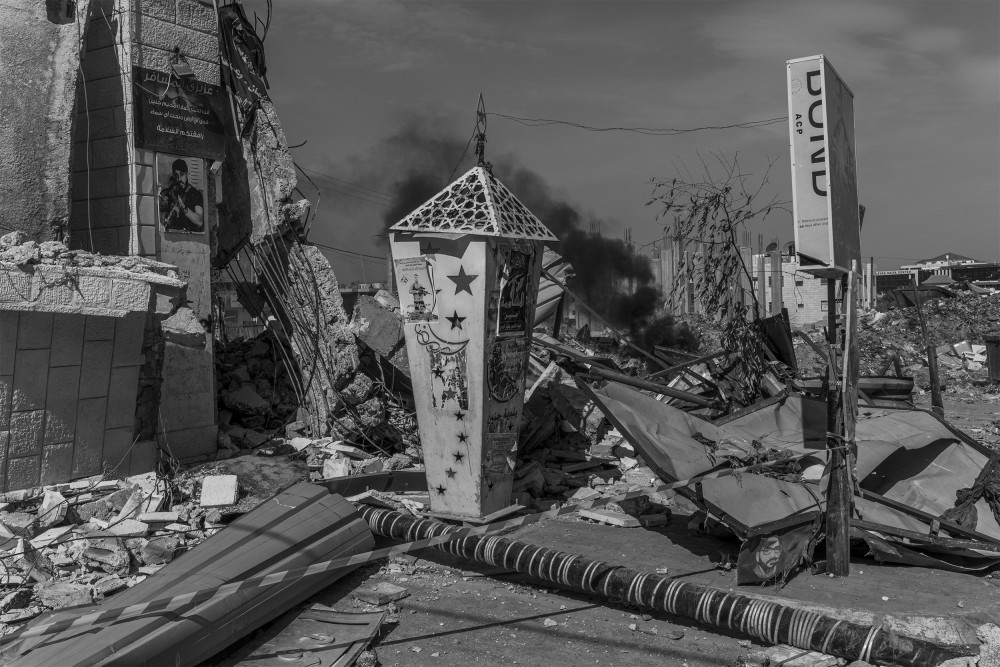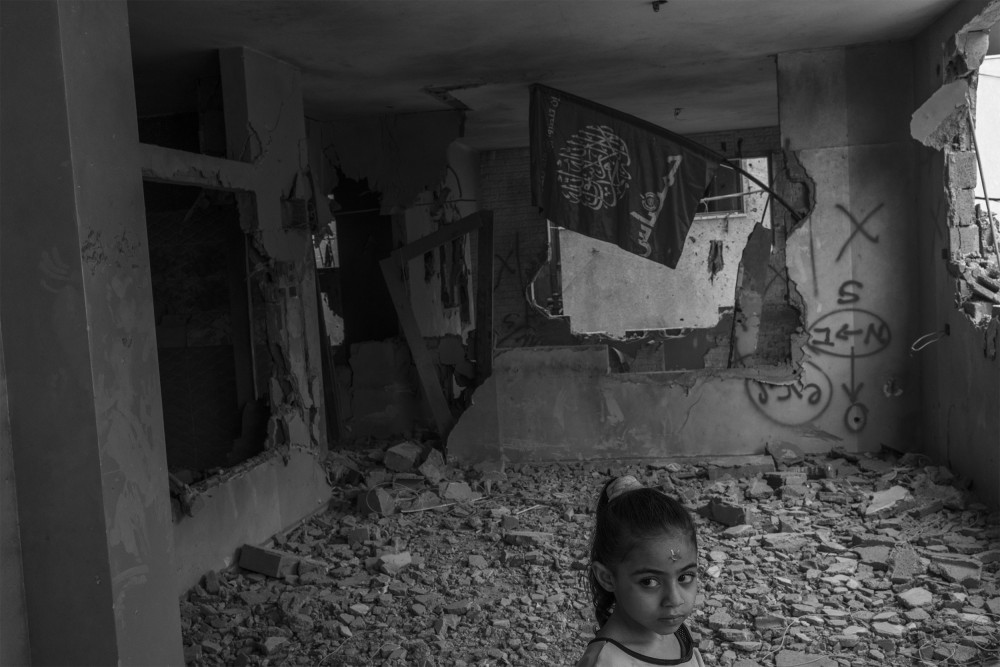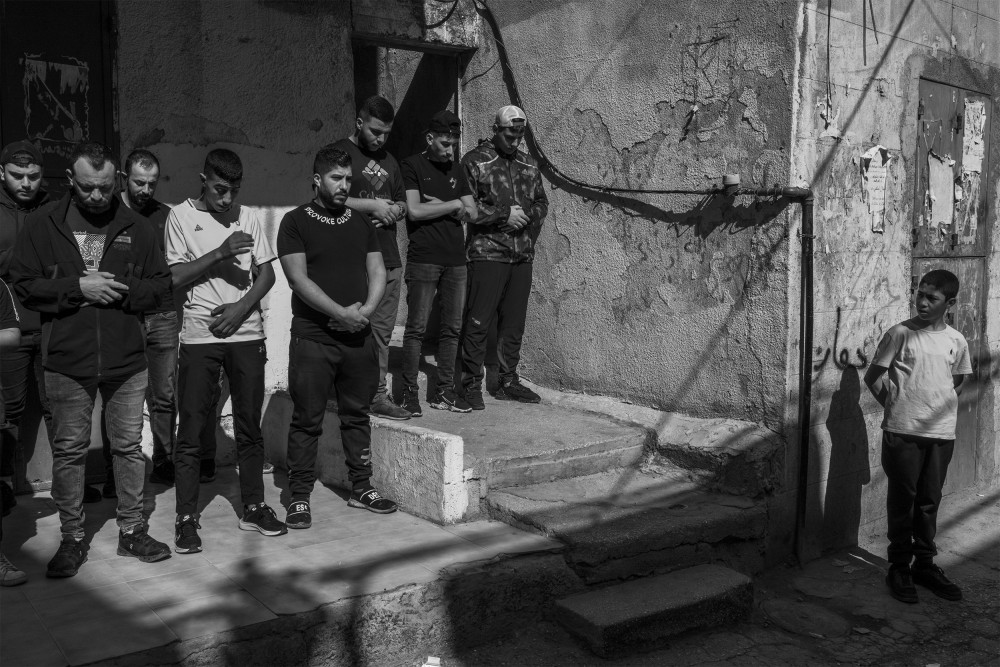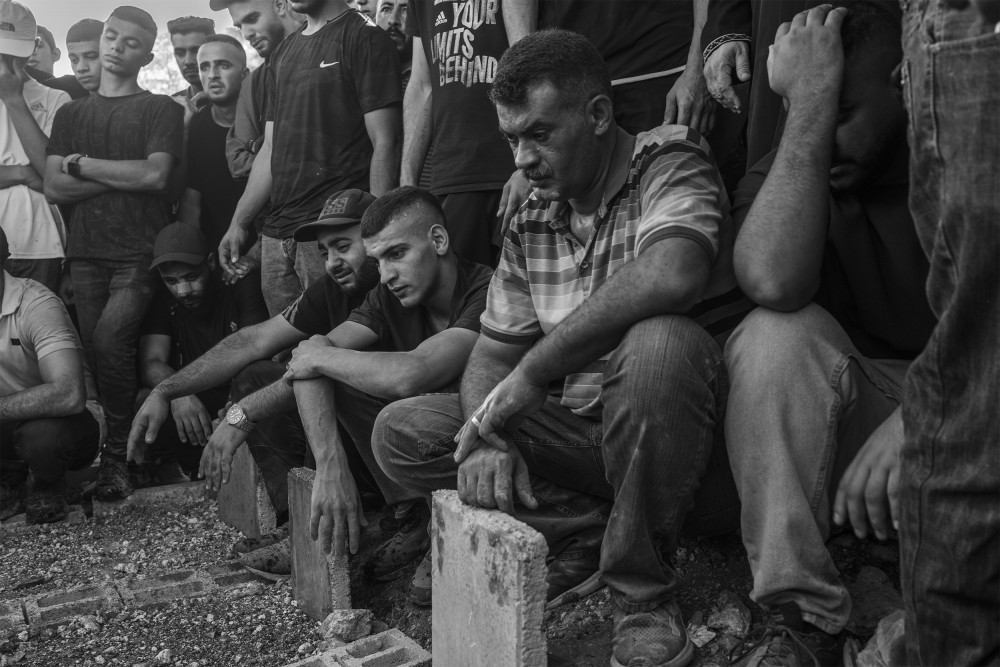Echoes of War in the West Bank
WEST BANK | OCT. & NOV. 2023
On October 7, 2023, Hamas, the Palestinian Islamist militant group, orchestrated a meticulously planned series of coordinated attacks from the Gaza Strip into bordering areas in Israel. This took place on a Sabbath day and coincided with Jewish holidays. Hamas aimed to inflict a devastating impact, intending to cause a massacre of 1,200 Israeli civilians and the abduction of over 240 individuals.
The multi-pronged invasion involved approximately 3,000 militants breaching the Gaza–Israel barrier, catching Israeli forces off guard. This well-coordinated assault marked a significant escalation in hostilities, posing a grave threat to the security and well-being of the affected communities.
In response, Israel initiated a war against Hamas, starting with airstrikes and later conducting a ground incursion into the Gaza Strip. After one hundred days, this resulted in over 24,000 casualties, with 70% being women and children, and left more than 61,000 people injured. The UN and international communities demanded a ceasefire for Gaza, accusing Israel of the murder of innocent people. This led South Africa to open a case of genocide against the Palestinian people at the International Court of Justice (ICJ).
Simultaneously, the situation in the Palestinian territories of the West Bank deteriorated, escalating tensions and prompting Israeli military raids in the occupied Palestinian territories. Cities such as Jenin, Nablus, and Tulkarem became targets for the Israel Defense Forces (IDF) in pursuit of Hamas militants and other jihadist groups.
Over the years, the number of Israeli settlements in the West Bank has increased, despite international criticism and United Nations resolutions deeming them illegal. The expansion of these settlements remains a major source of tension between Israel and the Palestinians, with the latter viewing their presence as a hindrance to achieving a two-state solution.
The debate over Israeli settlements involves issues of security, human rights, and territorial legitimacy. While Israel argues that the settlements are necessary for security and the natural expansion of the population, Palestinians and many in the international community believe these settlements undermine the possibility of establishing an independent Palestinian state and jeopardize peace in the region.
